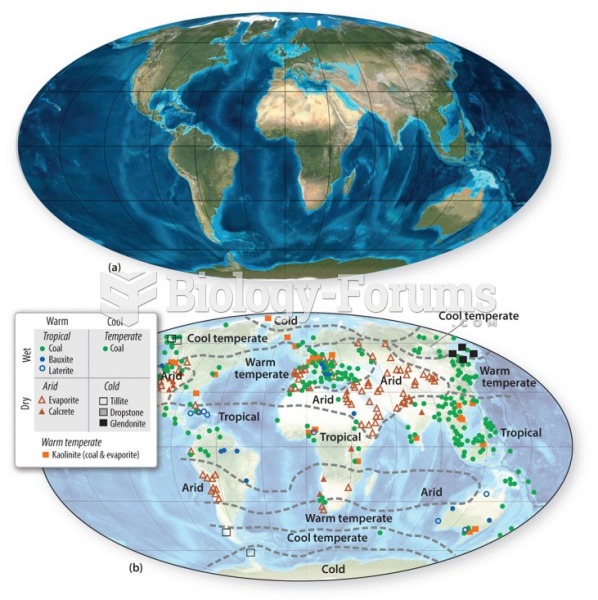This topic contains a solution. Click here to go to the answer
|
|
|
Did you know?
Computer programs are available that crosscheck a new drug's possible trade name with all other trade names currently available. These programs detect dangerous similarities between names and alert the manufacturer of the drug.
Did you know?
Blood in the urine can be a sign of a kidney stone, glomerulonephritis, or other kidney problems.
Did you know?
The longest a person has survived after a heart transplant is 24 years.
Did you know?
Cancer has been around as long as humankind, but only in the second half of the twentieth century did the number of cancer cases explode.
Did you know?
On average, someone in the United States has a stroke about every 40 seconds. This is about 795,000 people per year.







